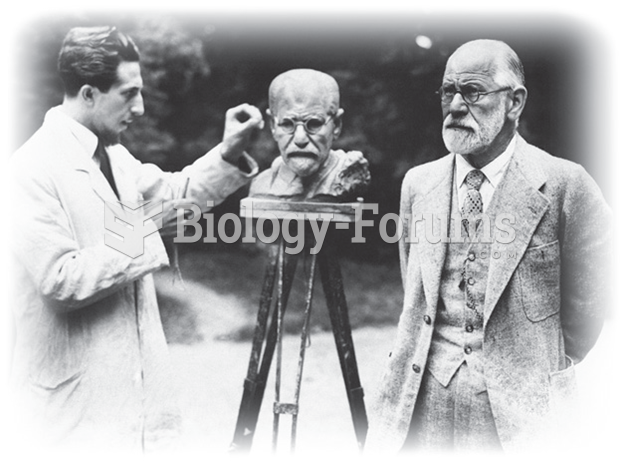|
|
|
Individuals are never “cured” of addictions. Instead, they learn how to manage their disease to lead healthy, balanced lives.
Cancer has been around as long as humankind, but only in the second half of the twentieth century did the number of cancer cases explode.
Intradermal injections are somewhat difficult to correctly administer because the skin layers are so thin that it is easy to accidentally punch through to the deeper subcutaneous layer.
Alzheimer's disease affects only about 10% of people older than 65 years of age. Most forms of decreased mental function and dementia are caused by disuse (letting the mind get lazy).
Amoebae are the simplest type of protozoans, and are characterized by a feeding and dividing trophozoite stage that moves by temporary extensions called pseudopodia or false feet.
 This engraving by William Russell Birch shows Congress Hall (left), which was occupied by Congress f
This engraving by William Russell Birch shows Congress Hall (left), which was occupied by Congress f
 Seven black members of Congress in 1871 are from left to right: Senator Hiram Revels (R-MS) and Repr
Seven black members of Congress in 1871 are from left to right: Senator Hiram Revels (R-MS) and Repr





